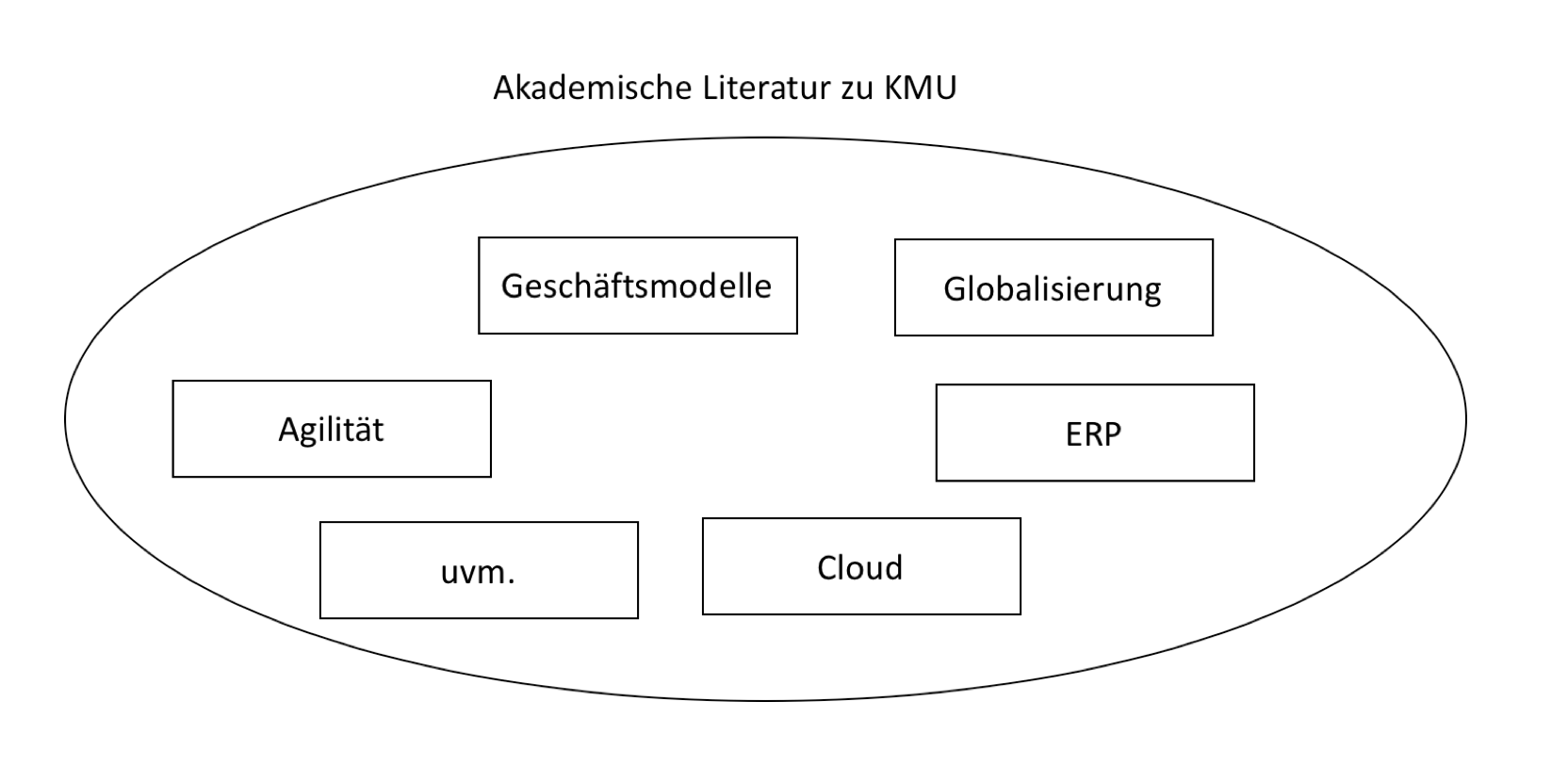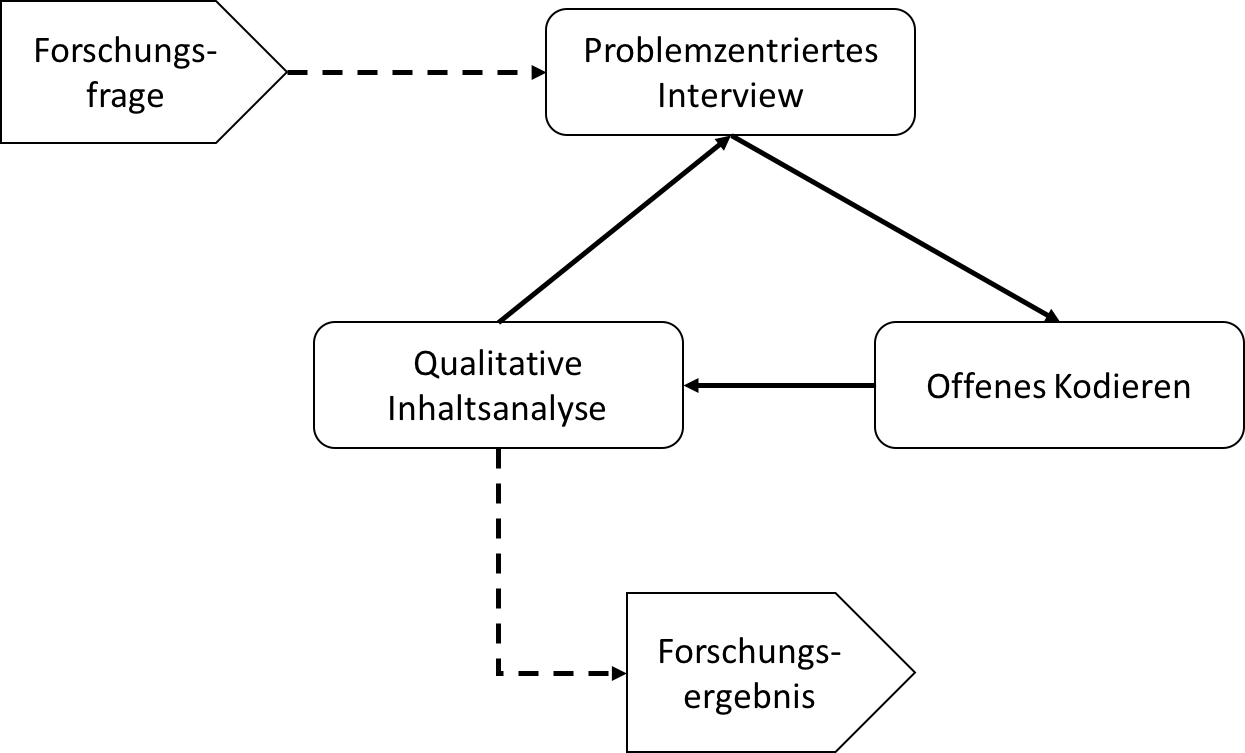Have you been searching for a few days and just can’t find any papers on the topic? In this text I would like to give tips for students who are currently unable to find any literature on their thesis. Incidentally, if you get the topic from a practice partner, then I recommend reading my other article.
Reading tip: Thesis with practice partner
“Help! I can’t find any literature! “
I often receive emails asking me the following: I am writing about topic X and cannot find any literature. Do you have any tips? In 99% of the cases I also send literature back. However, this is not to your advantage. The reason for this is that you have to state in your thesis: Why did you use this literature. An answer like: If Mr. Lindner sent me or came by chance at Google, your supervisor will probably not be very happy. Nevertheless, I am happy to give you recommendations.
Reading tip: Recommended reading
Often you have thought about your topic out of pure creativity or you liked something in the lecture or a practice partner provides the topic. The most common reasons why you cannot find literature are often:
- Your topic is too new and there is no literature yet
- Your topic is not relevant in the academy, it is purely a practical topic
- You write for a company and the topic is company-specific
- Your topic will be explored in a different context
I would therefore like to explain to you how the academic world works. There are currently 631 magazines published after the VHB Jourqual are considered academic. So if you are looking for academic literature it has to be in the 631 journals. Not every topic is discussed in this journal. The papers of the journals can be found in the numerous databases using a search string. I will explain how to do this in more detail below.
You have to think of it as follows: The figure shows the entire level of knowledge about SMEs in the 631 journals. For example, there are 4000 contributions from the last 5 years to SMEs (fictitious number). These can be broken down into, for example, cloud, agility and many more. The respective points can be subdivided, for example, into cloud (private and public cloud). You have to use this data to look into which cluster your topic fits. For example, you now want to write about HR in SMEs and cannot find a cluster to do so. HR can now be discussed a little in the agility and cloud cluster, but there is no direct literature. So you have to look carefully that your topic also has a cluster or you have to think outside the box and find papers that broach the topic. This is often very difficult.

When did I find a cluster?
After you have entered your search string in numerous databases, you will find 3-5 papers that deal with almost the same topic (example: workplace in SMEs or home office). Congratulations: you have found a cluster. These 3-5 papers form the foundation of your work and you can base your topic on these papers. How you can find this exactly, I have summarized in my following article under the subheading mother paper.
Reading tip: Find topic
“But I still can’t find anything!”
If you have followed my system (see reading tip at the end of the paragraph) but still cannot find a cluster for your topic, then you are unfortunately outside the academic discussion. If you are a famous Nobel Prize winner, feel free to start a cluster now. If not, you should skip it for now or read my alternative solution to Grouded Theory (below). In the following article I have explained exactly how a literature analysis works, which databases are available and how to create a search string.
Reading tip: Literature analysis
Tip: You can find an example of a literature analysis with many suggested topics for a thesis in my study from 2019 (online from March 2019).
Lindner, D., & Leyh, C. (2019). Digitization of SMEs – questions, recommendations for action and implications for IT organization and IT service management. HMD – Praxis der Wirtschaftsinformatik , 4th , 21.
Alternative: think outside the box!
Another tip would be to think outside the box. For example, if you have agility in associations, you could look: Which results from the agility of companies can be transferred to associations or you have as a topic: Agility in the financial sector and cannot find any literature. Maybe results from the automotive industry (if there are any) can be transferred? So think a little around the corner and transfer results from other areas!
Special case: examine a specific context!
You only find general literature and nothing for your context, e.g. agility in clubs or agility in production? Then read my article which will specifically help you with this problem:
Reading tip: Find literature for contexts
Grounded theory as an alternative
If you still want to go through with the topic because your practice partner pays for it or you simply love the topic, then of course you can. Simply generate information yourself by starting with interviews or collecting case studies yourself. Especially if you are writing with a practice partner, then you have one thing enough: interview partners. My practice partner had 120 employees at the time, which means that I had 120 potential interview partners.
Reading tip: Go through the topic without literature
Thus, you are not building on a literature analysis, but on empirical data. So you start out on the green field without literature. I have already supervised such a master’s thesis. It’s a lot of work, so think twice about whether you want to go through with it. If you want to know more, I have written an extra article about it. The idea of this is, as shown in the figure, that you generate your own data through interviews, which you can build on. I can tell you, however, that this requires a considerable amount of additional work and is very complicated. Please read my article on this.
Reading tip: Grounded Theory

Conclusion: stay tuned and follow tips!
You notice that writing a thesis is not easy and that is precisely why it is the last milestone in your academic career. Many initially put the topic too broadly or ignore the academic discussion. The problem can be circumvented through a systematic literature search. So stick to them exactly Systematics in my article.
- Reading tip: Tips for your thesis
- Reading tip: Development of a research design



